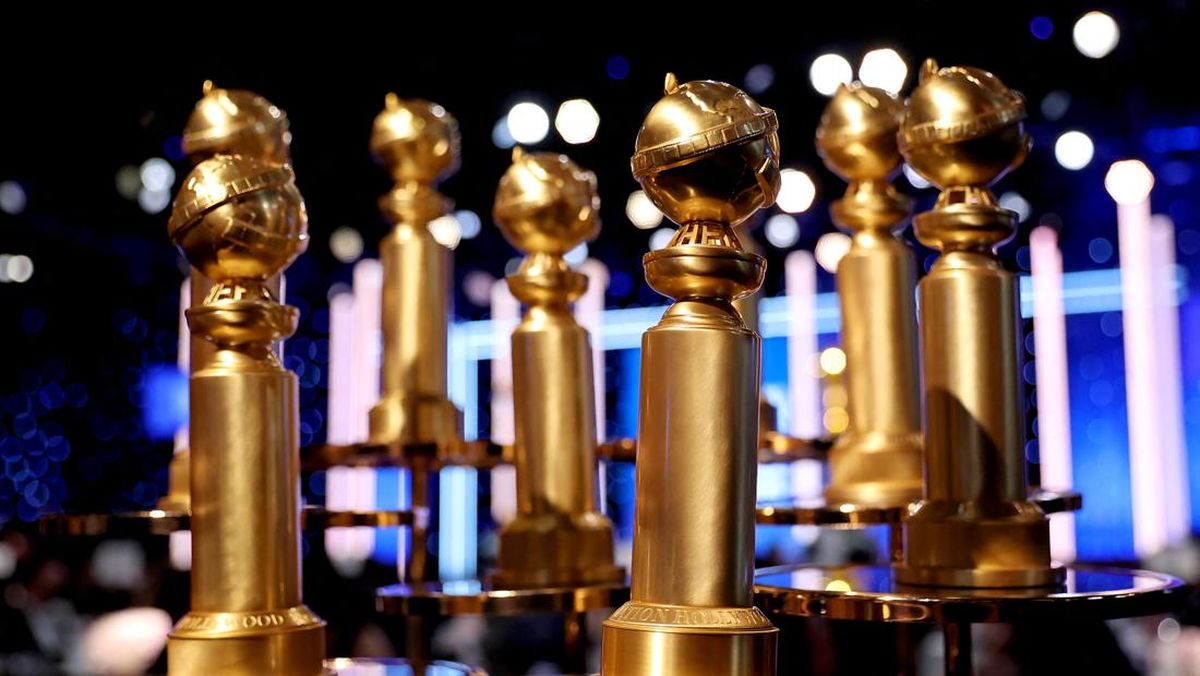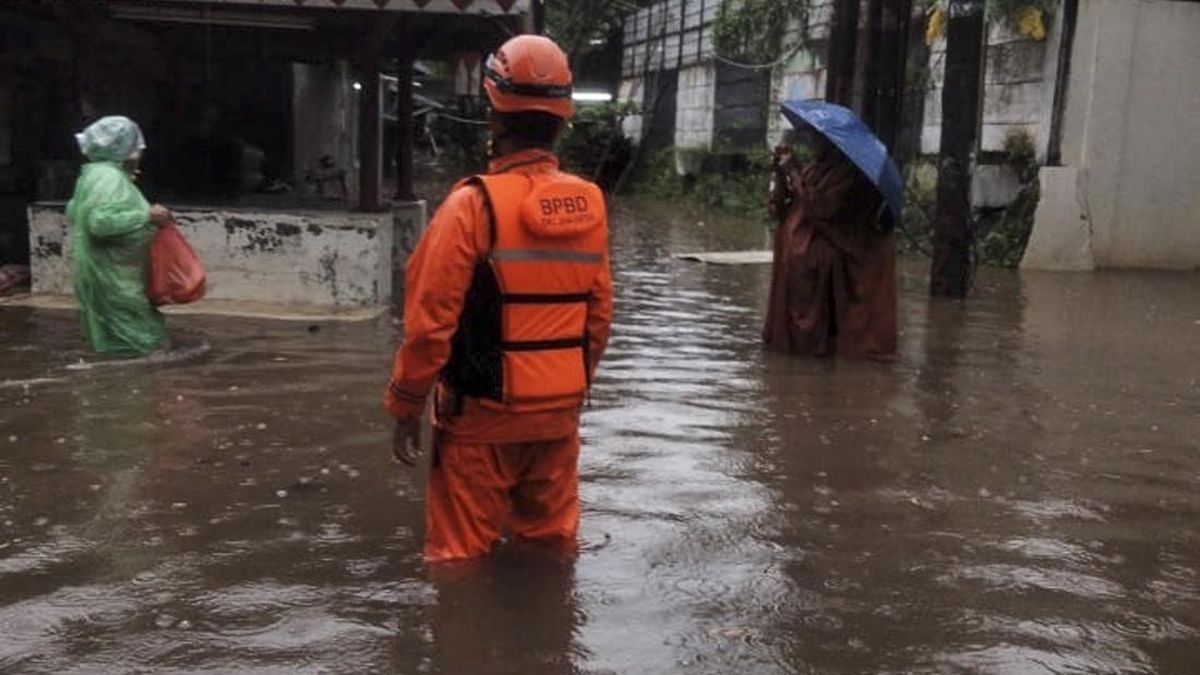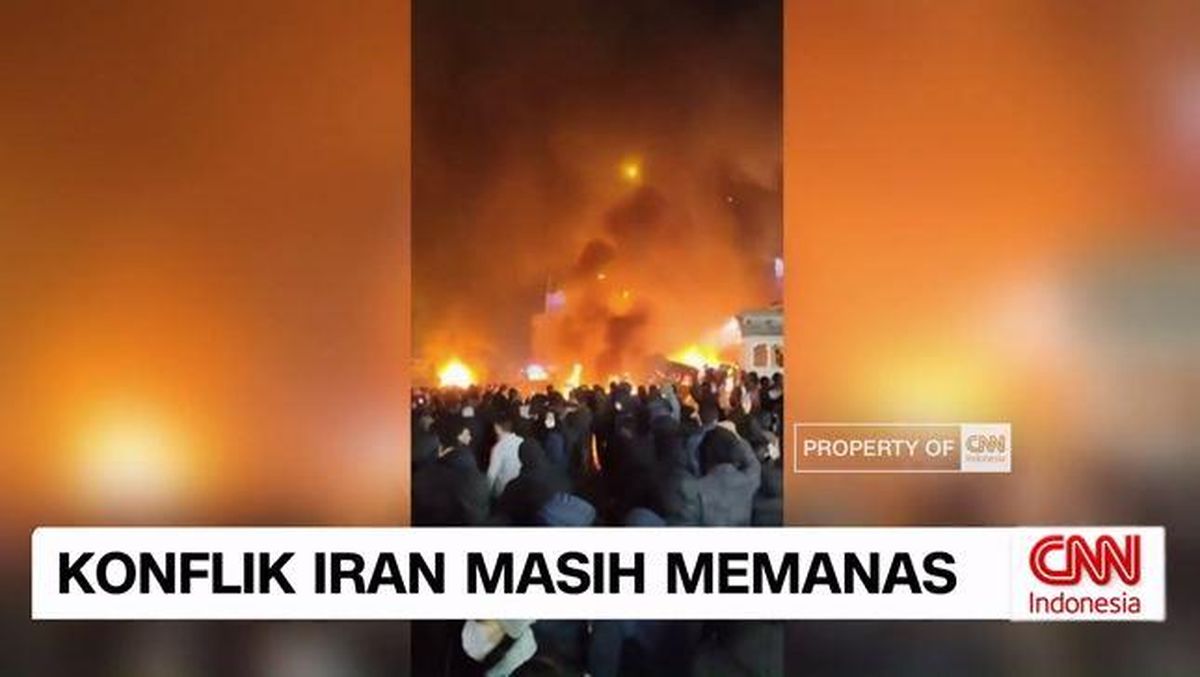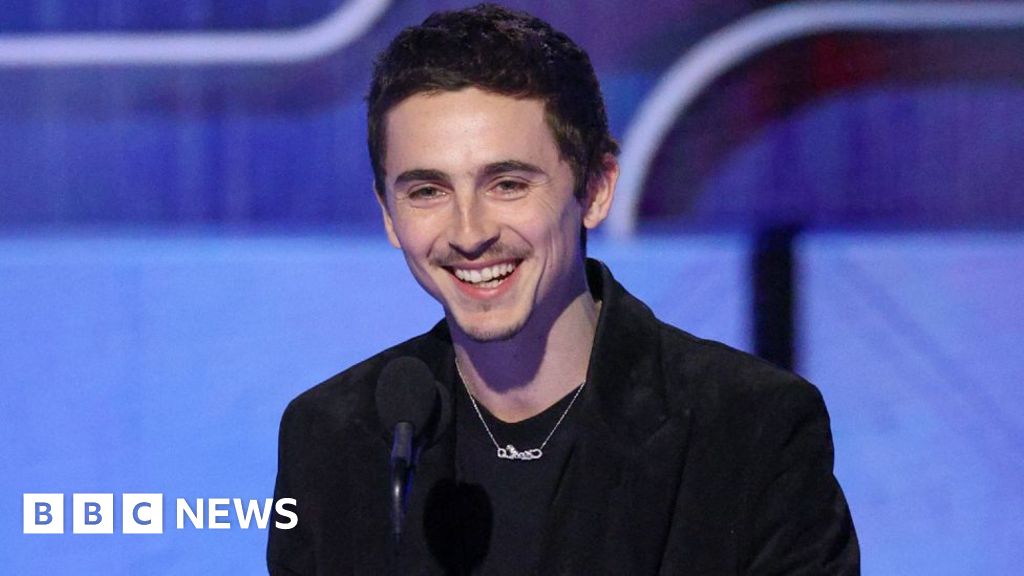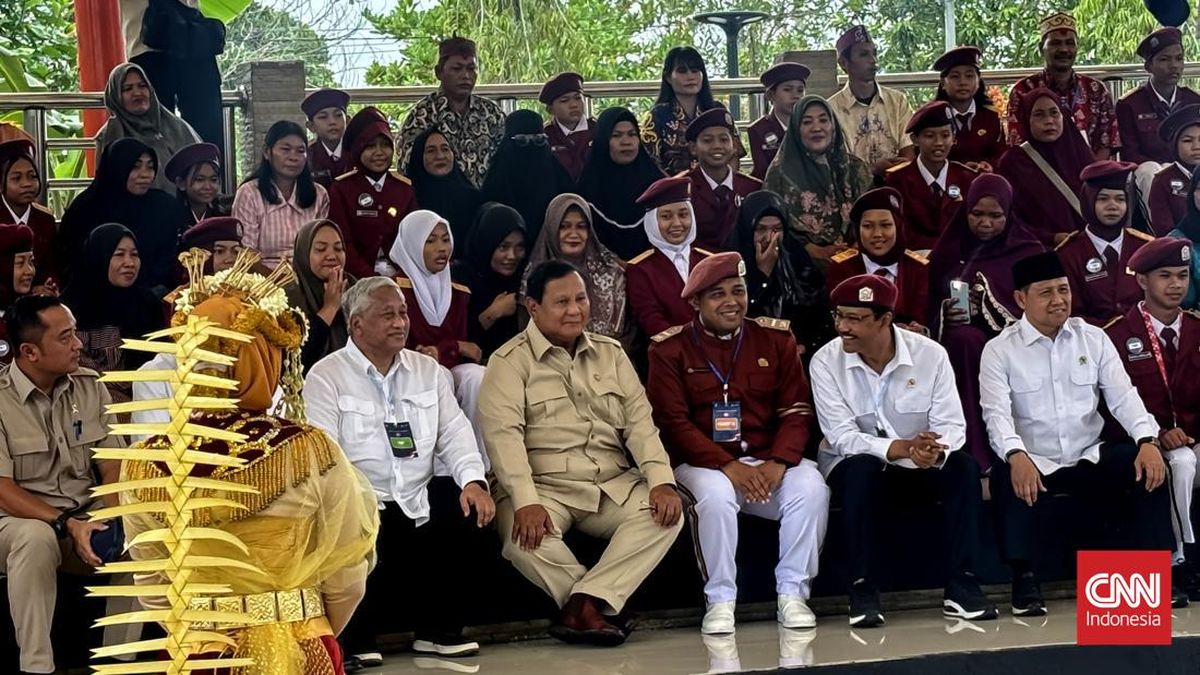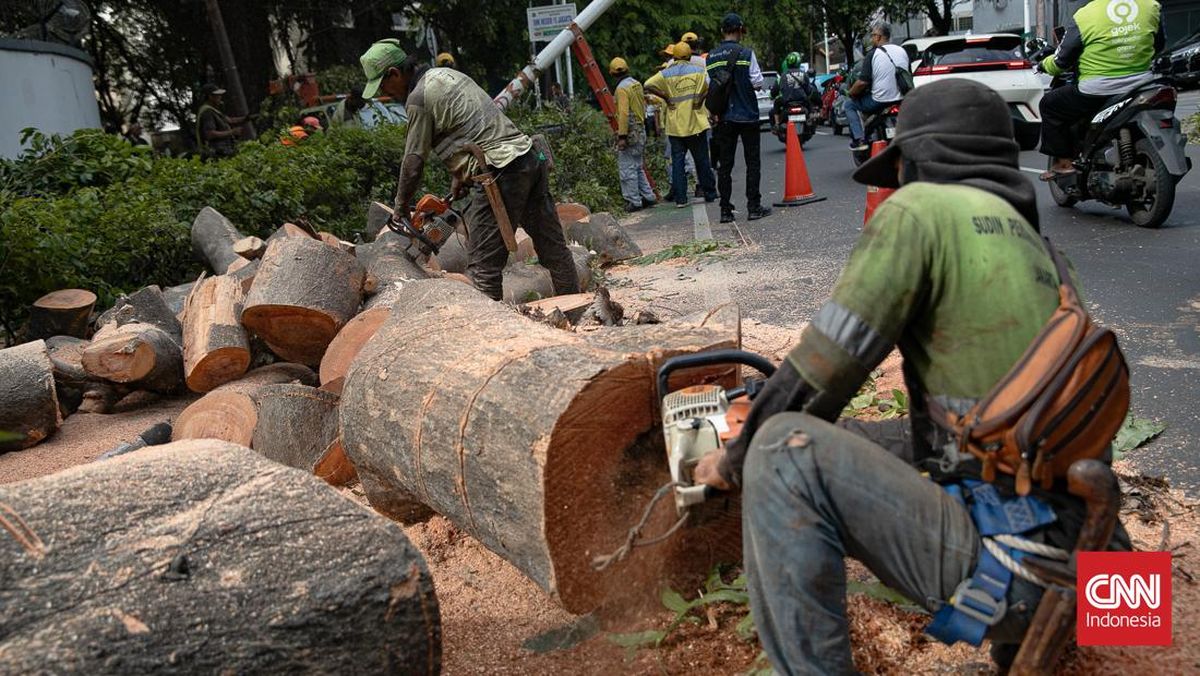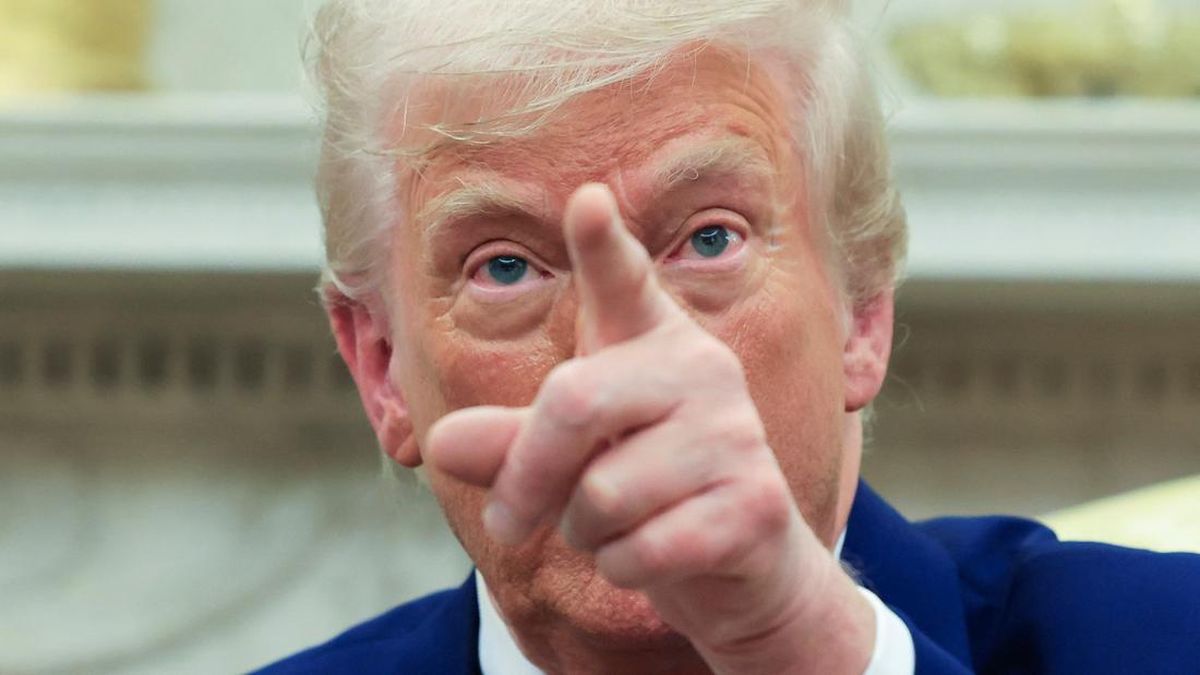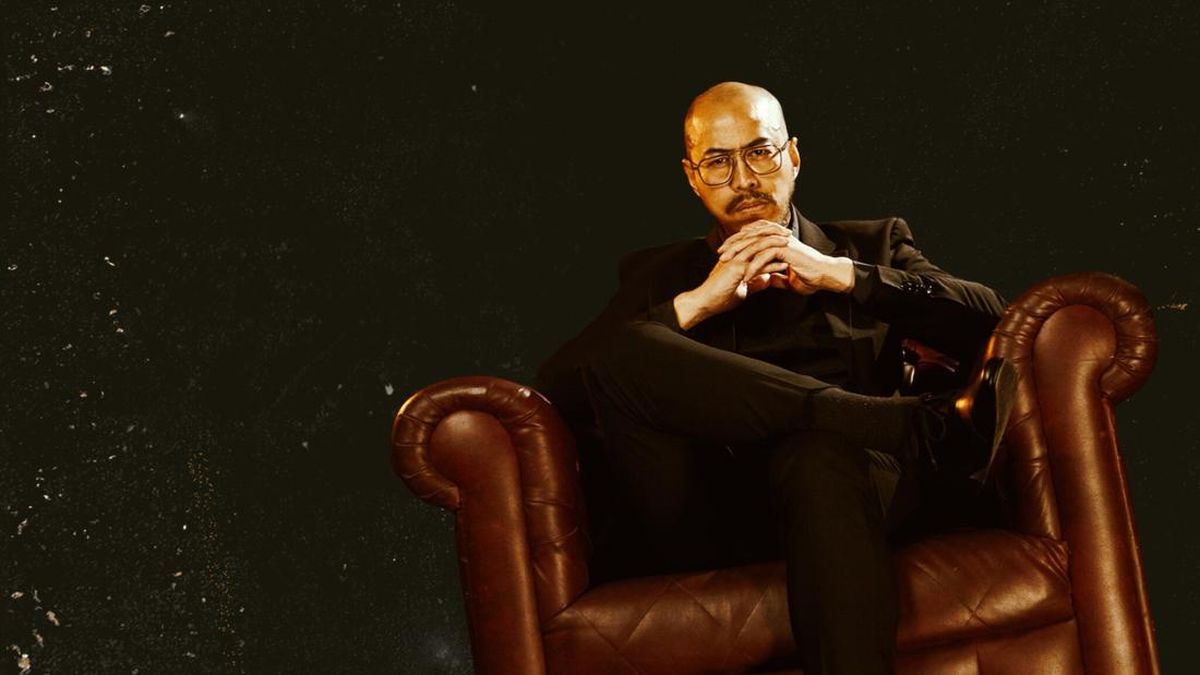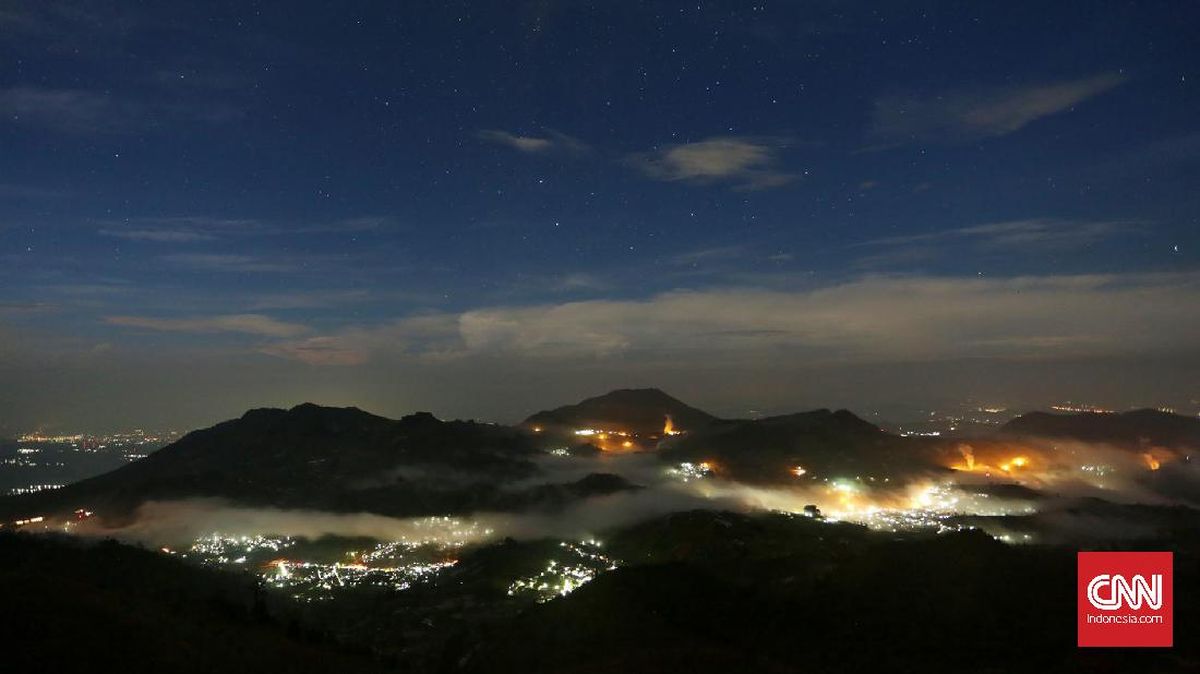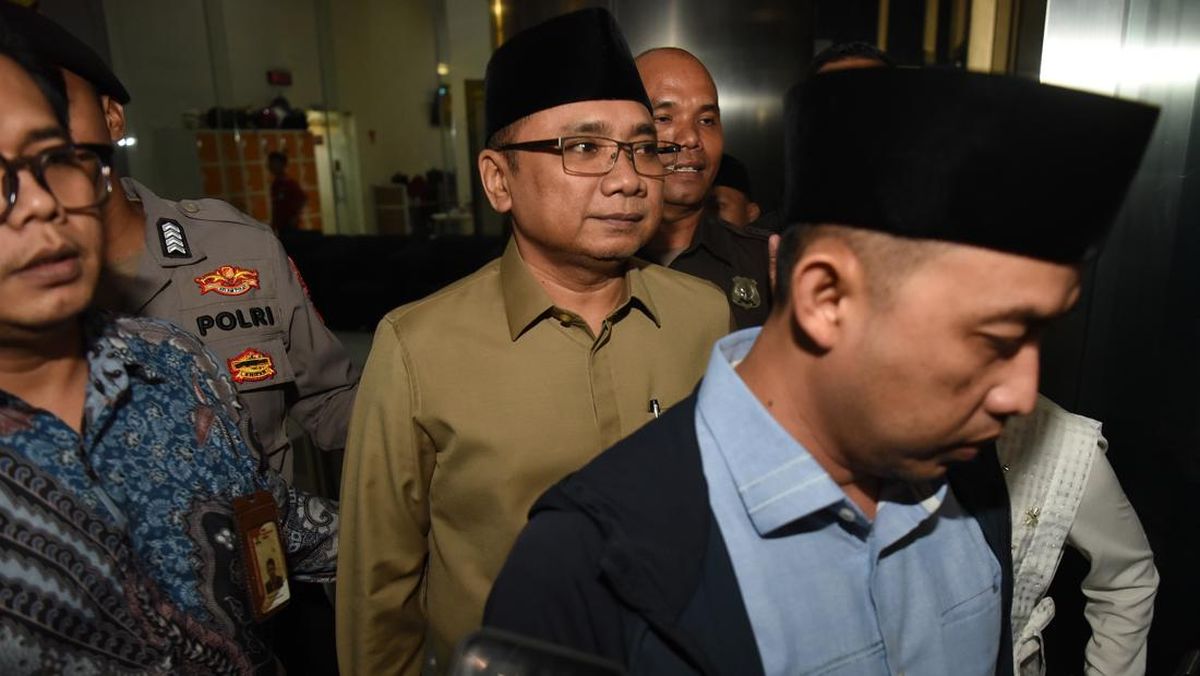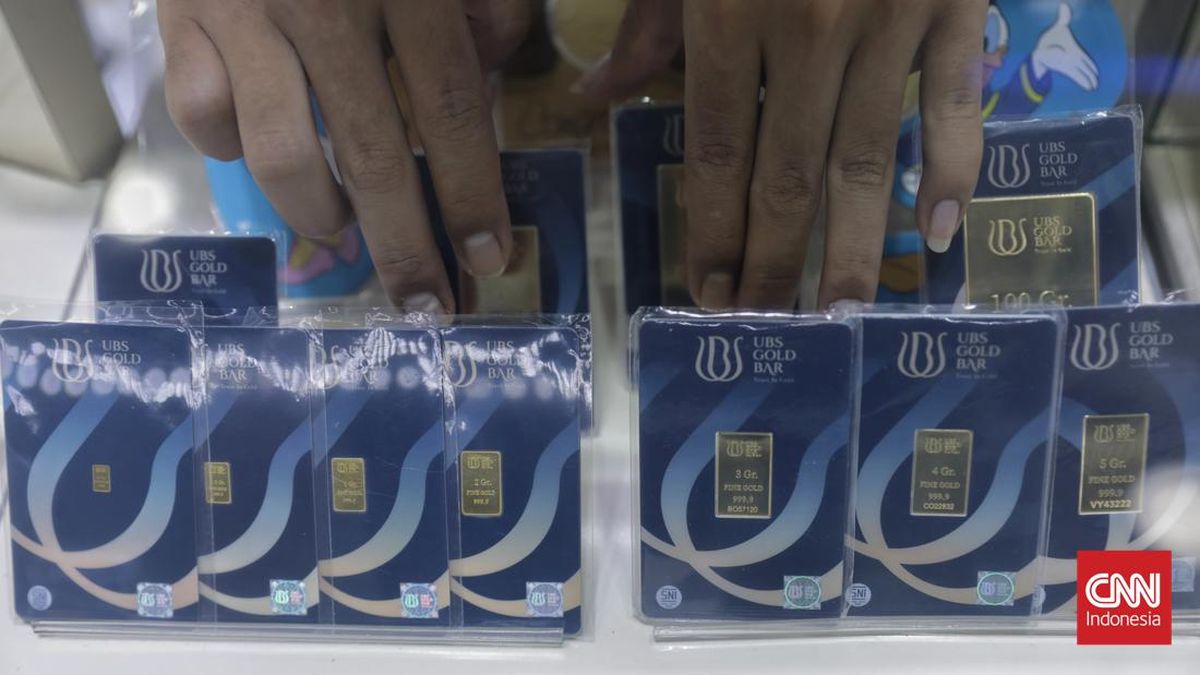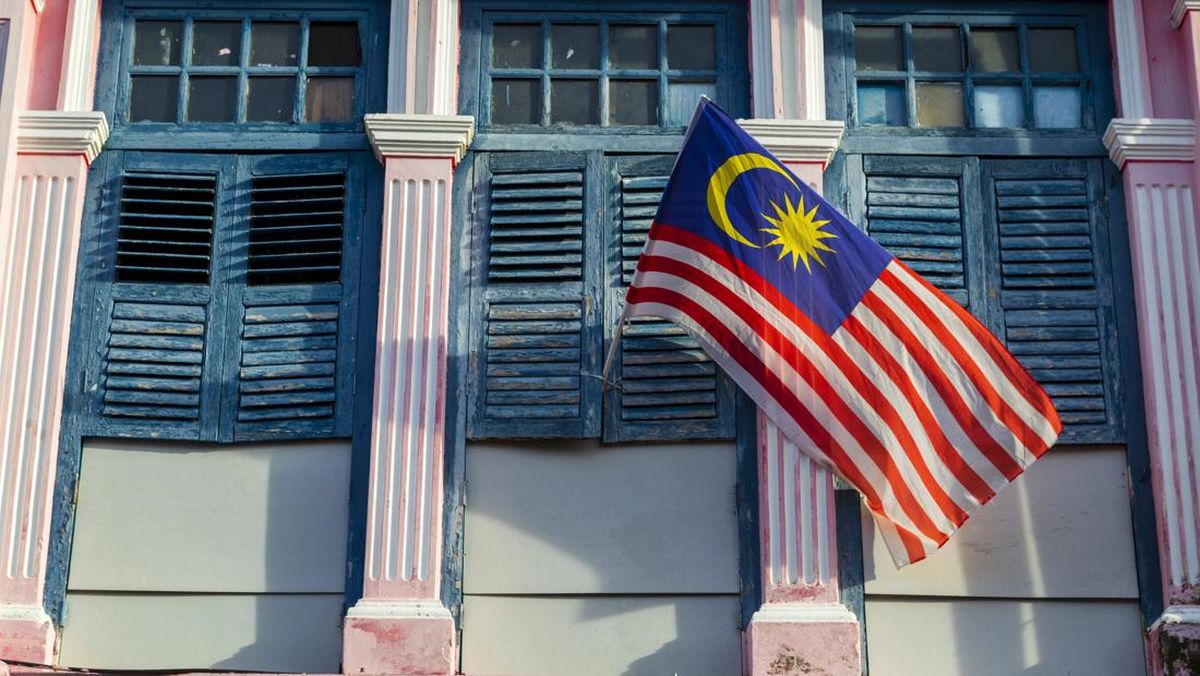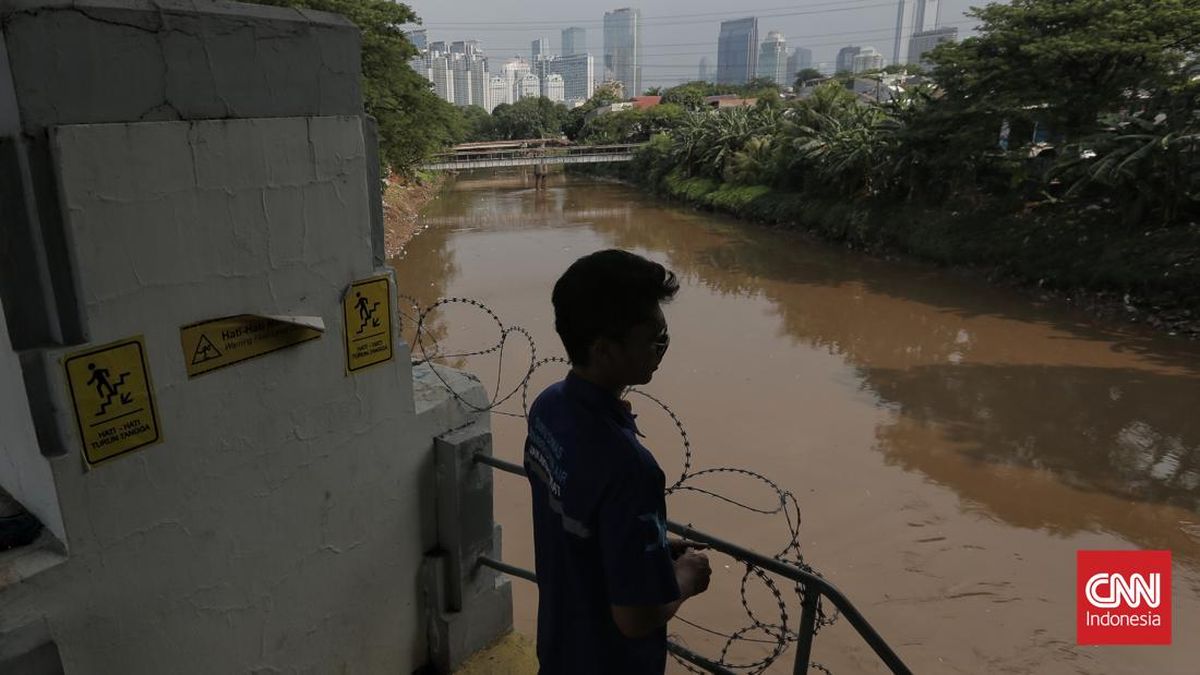Opinion
September 22, 2025 — 5.00am
September 22, 2025 — 5.00am
The “Western refugee” is how the Financial Times columnist Janan Ganesh describes “rich-world citizens” who flee their well-heeled homelands to escape the chaos and uncertainty of this topsy-turvy world. In Australia, I run into them all the time. Compatriots who took flight from “Brexit Britain” and fear Nigel Farage, its prime architect, might become the next prime minister. French expats fretful that Marine Le Pen’s protege, Jordan Bardella, could win the 2027 presidential election. Americans alarmed by Donald Trump’s authoritarianism.

IllustrationCredit: Joe Benke
I recognise the type because I am something of a “Western refugee”. Someone who did not want to continue raising kids in the United States because of the scourge of unchecked gun violence and a politics unhinged. Someone who feared, after the storming of the US Capitol, that political violence would become almost as marked a feature of American life as school shootings. When, seven weeks after the January 6 insurrection, I watched Donald Trump feted at a conservative conference in Florida like a Roman general returning triumphant from the scene of a noble victory, I knew we were witnessing the stirrings of his restoration.
As a study in contrasts, often I tell the story of flying into Sydney one morning from Los Angeles and turning on breakfast television. On the muted screen, a reporter with a perturbed look was outside a school in Adelaide. In America, I would have been watching the aftermath of the latest school shooting (so far in 2025, there have been more than 90). In Adelaide that morning, a burglary in a neighbouring street had prompted a school lockdown.
Other examples abound. Here, the economic meltdown caused by the collapse of Lehman Brothers in 2008 was labelled the Global Financial Crisis. Elsewhere, it was called the Great Recession, which again spoke of our happy isolation. Recession-free for almost 30 years, no wonder Australia is so enticing for “Western refugees”. Not just a lucky country but “the Lucky Country”. Few new arrivals would know how a shibboleth, taken at face value overseas, started life as the title of a scorching polemic.
So what now, given how the forces from which “Western refugees” have been escaping encroach here? In recent weeks, we have seen neo-Nazis on the streets of Melbourne. The killing of two police officers in rural Victoria has shone a spotlight on the little-known “sovereign citizens” movement. Polling suggests a surge of support for One Nation. Pauline Hanson is not Nigel Farage. For reasons I set out last week – which include the safeguard of compulsory voting and the piss-taking streak in the national character – the One Nation leader is not viewed as a plausible or putative prime minister.
Loading
The polling does point, however, to public disaffection with the political status quo, which globally has powered the populist revolt. The decline of the major parties and the rise of the rest have been the overarching political stories of the past 30 years. Here, again, though, is another point of differentiation. In Australia, it has led to the election of more centrists than extremists.
Geopolitical shock waves are shaking the ground beneath our feet. With Trump in the White House, Australia cannot be sure if the supposed guarantor of its security remains a reliable ally. Will AUKUS ever deliver? Nobody can say with certainty. Likewise, Australia’s largest trading partner, China, has become more belligerent and meddlesome. Chinese warships have conducted live-fire exercises in the Tasman Sea – a form of maritime power projection sure to become more commonplace now the People’s Navy has more ships than its US counterpart.
The atrocities of October 7 and the brutality of Israel’s response have brought an end to a more closeted time, when the battles of distant and departed lands were not contested on Australian soil. The Iran regime, in another reminder of foreign interference, has sought to exacerbate communal tensions by orchestrating antisemitic attacks.
Then there is the threat to Australia’s status as a lifestyle superpower from global warming. The very coastal and waterfront suburbs that lure “Western refugees” are often endangered shores. By 2050, more than 1.5 million people could live in areas at risk of coastal flooding, according to the National Climate Risk Assessment. There will be more fires as well as floods. In 2020, the year of COVID, the first time I noticed people wearing masks in a major Western city was in Sydney. Rather than the viral contagion, it was air pollution from nearby bushfires that posed the threat to everyday life.
Loading
It is not as if Australia has only now been rudely awakened from a 25-year slumber to destructive forces battering other countries. The threats from big tech in spreading misinformation, harming our children and profiting from polarisation have been known for decades. The attacks of September 11, coming in the lead-up to the 2001 federal election, had profound consequences here. The 2002 Bali bombings, which killed 88 Australians, shattered any lingering sense that this country was unsusceptible to terrorism.
Still, the uncertainty of this historical moment and the disruptive forces shaping it are a warning against the complacency of the past quarter-century and a spur for present – and future – proofing. The Australian democratic model with its inbuilt pressure valves is in reasonable shape, its prime defect being three-year terms. The Australian economic model, if it is to generate the kind of broad-based prosperity necessary for democratic good health, clearly needs renovating. A lesson from the US is that income polarisation begets political polarisation. Making good the promise of the Australian dream, based on affordable home ownership, should become a first-order priority.
Australians have agency. Having built a distinctive democratic model in the first half of the 20th century and a robust economic model in the second, there is a long tradition of pragmatic policy innovation from which to draw. With the West in such turmoil, Australia could become a paragon nation: an attractive proposition not just for “Western refugees” but a genuine global exemplar.
Nick Bryant is the author of The Rise and Fall of Australia: How a Great Nation Lost Its Way.
Most Viewed in National
Loading


